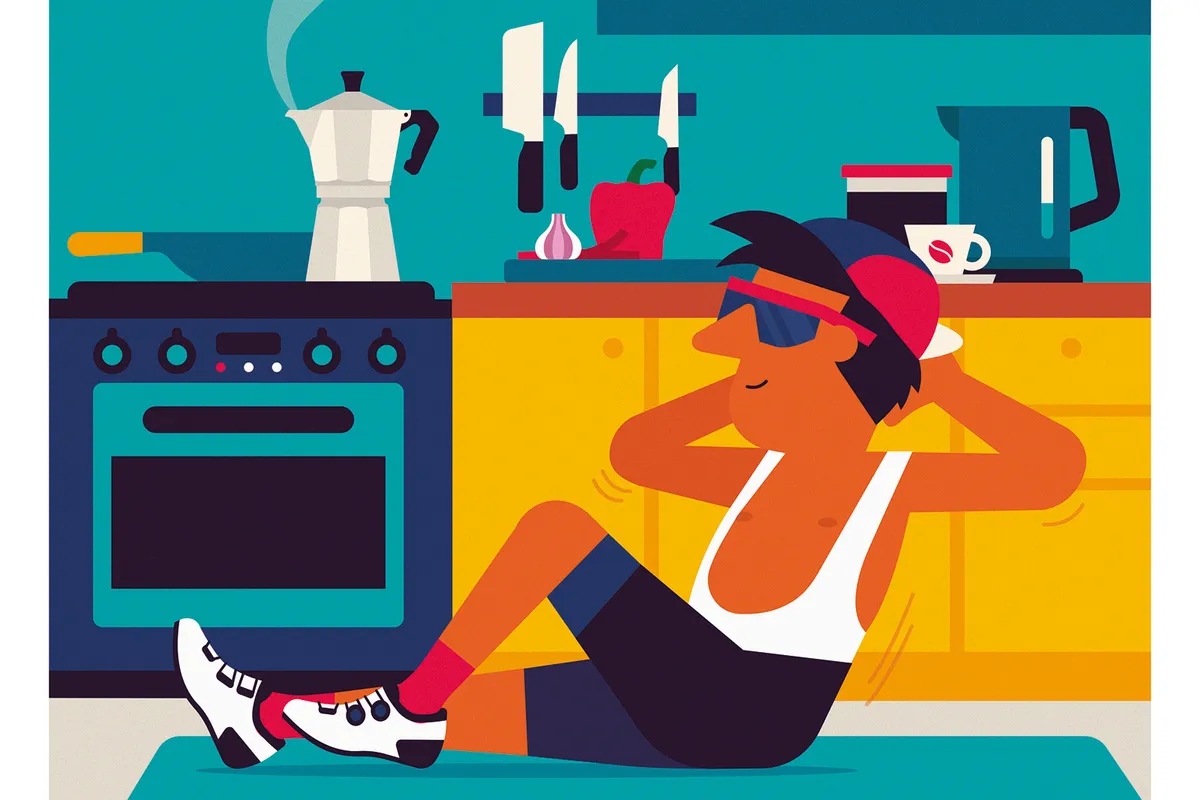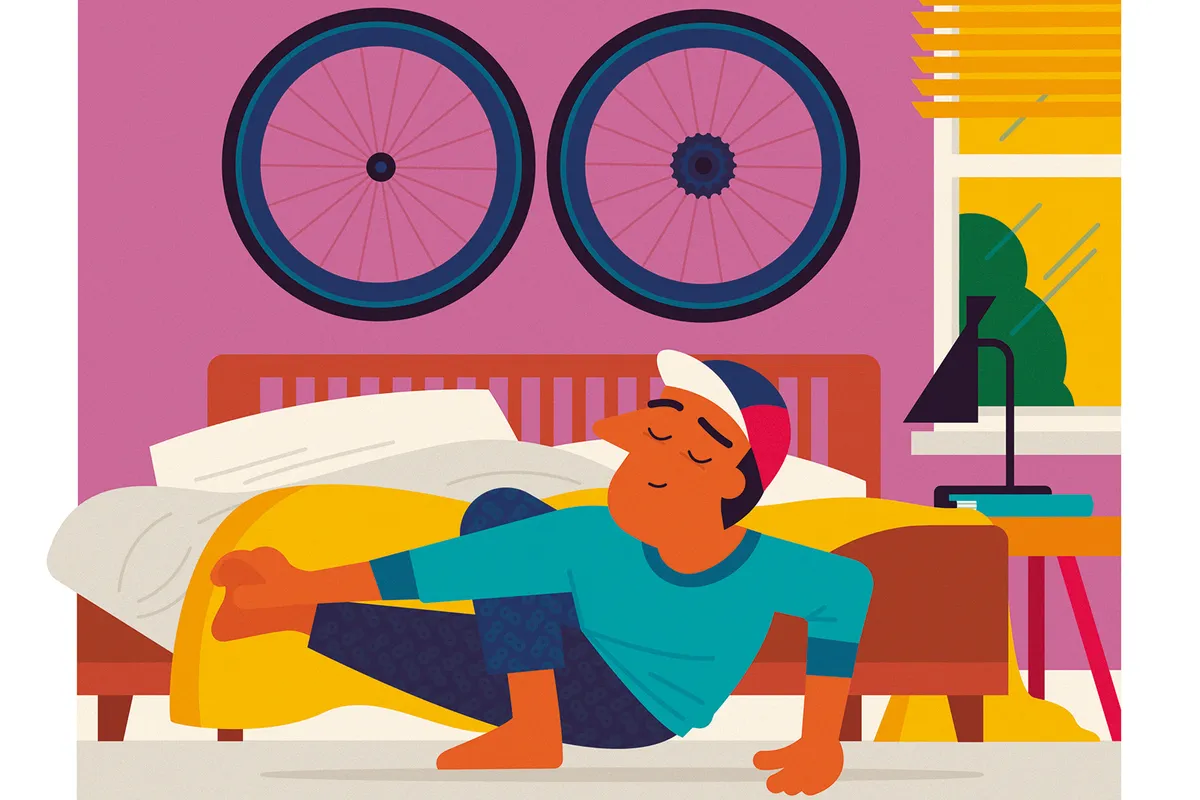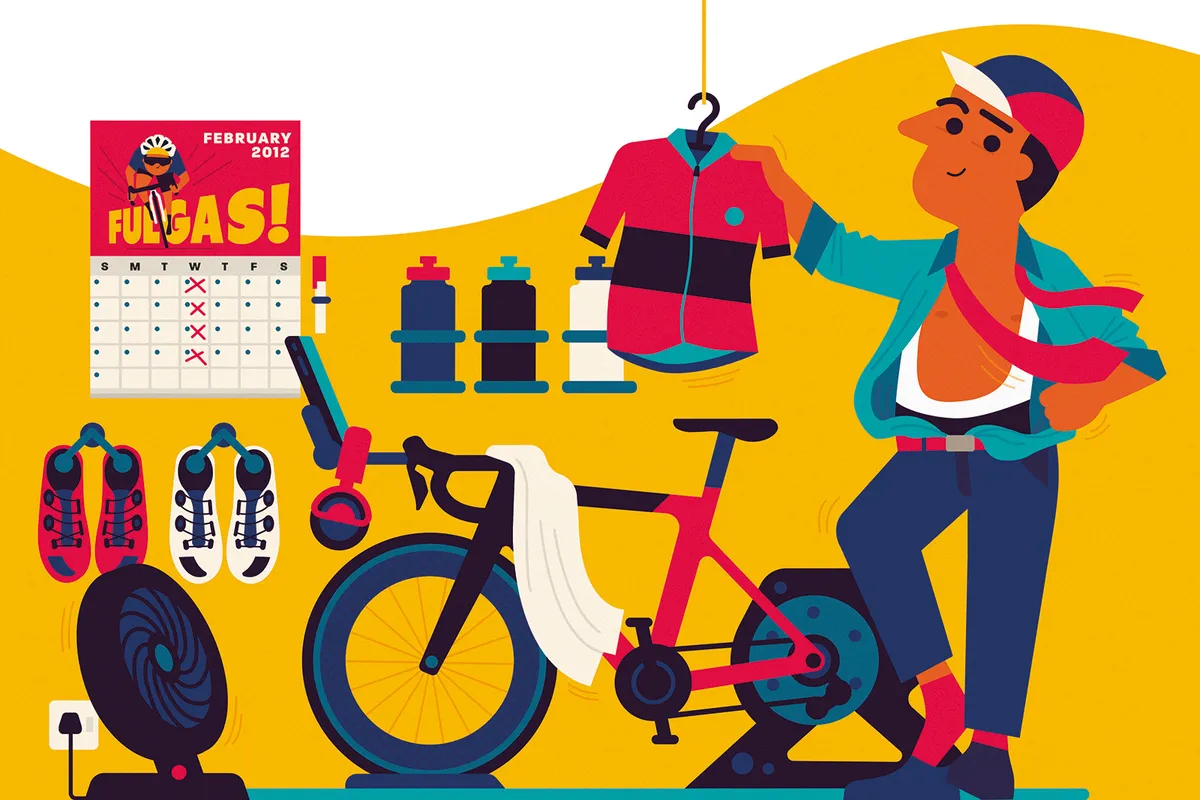When Dr BJ Fogg, director of the behaviour design lab at Stanford University, decided to improve his strength, he started by doing two press-ups after each trip to his bathroom at home. Over time, he added more press-ups, ending with a celebratory fist pump each time. Sometimes he did three press-ups. On other days he did 10.
But the volume was irrelevant, what mattered was that he was nurturing one of our most potent neurological weapons: a habit. Without thinking about it, Dr Fogg began performing more than 80 press-ups every day.
To develop his habit-building formula, Dr Fogg distilled cutting-edge research in psychology, neuroscience, behaviour change and persuasive technology into a system he calls ‘Tiny Habits’. It involves starting with small, achievable changes (two press-ups), anchoring a new habit to an existing habit (his regular trips to the bathroom) and celebrating progress with positive emotions (the fist pump).
Through his online programme, network of coaches and popular book Tiny Habits: The Small Changes That Change Everything, Dr Fogg has now helped tens of thousands of people, from Silicon Valley entrepreneurs to Olympic athletes.
Healthy habits are of particular importance to cyclists. If you could rewire your brain to ensure you stick to your training plan, stretch every day and eat healthier snacks, the rewards could be huge.
Tiny Habits coach Gavin Brauer, the CEO of KindHuman Bicycles in Toronto, Canada, has helped hundreds of cyclists build healthier habits. “Professional athletes have talent that surpasses everyday people, but they also have a world-class system of habits that leads to better training and results,” he explains. “Somebody wins a gold medal in the four years before a world championships.”
Many cyclists want to increase their average speed or have goals such as riding a century. So, how can you establish the habits that will help you achieve your goals and improve your performance on the bike?
The power of habits

Many cyclists want to train more often and eat healthier food, but there can be a gap between what we want and what we actually do.
We beat ourselves up about this fact, convinced that we are lazy or unmotivated. But Dr Fogg says that’s unfair – unaware of how our brains work, it’s like we’re trying to build a chest of drawers with faulty instructions and missing parts.
Without knowing how to build habits, we rely on willpower alone, which is a flimsy and finite resource, vulnerable to fluctuations in our moods and energy.
In a seminal study by psychologist Professor Roy Baumeister, subjects entered a room full of cookies, with some allowed to eat the treats and others told to eat radishes instead. In a subsequent geometry puzzle, participants whose willpower had been drained by resisting the cookies gave up on the task twice as fast. The study showed that willpower, like a muscle, gets fatigued from overuse. This explains why New Year's resolutions invariably fail in the long run.
In contrast, habits are powerful modes of automatic behaviour driven by deeply ingrained neurological patterns. Every repetition only strengthens these neural pathways to embed the habit further.
We perform hundreds of habits every day, from cleaning our teeth to switching on the kettle. In fact, research suggests that 43 per cent of our daily behaviour is performed out of habit.
If you’ve ever left your house and suddenly wondered if you turned off the cooker, that’s because you did so out of habit, without thinking about it. And because your habits don’t require conscious effort, they can be incredibly powerful tools.
“If you have to make a decision to train, you’re not going to make the same decision every day,” says Brauer, who has a degree in kinesiology and psychology. “But if you can turn your training into a habit, so it’s automatic, you’ll do it without thinking about it.
"That’s the thing about BJ’s method. The rest of the world says: let’s focus on motivation! But motivation is unreliable. You need something that is reliable; you need good habits.”
Brain games

Habits serve a valuable evolutionary function, enabling us to complete important routine activity without using up energy.
Neuroscientist Dr Ann Graybiel of the Massachusetts Institute of Technology has researched the basal ganglia – the brain area associated with habits. In one experiment, rats (whose brains are similar in structure to those of humans) were taught the habit of finding a chocolate that was placed in the same part of a maze every time they heard a certain sound.
Tests showed that when the rats were learning to find the chocolate, they experienced lots of neural activity because finding the chocolate required effort. But when the habit became ingrained, the neurons fired only at the ‘cue’ of that habit – the sound – and again at the ‘reward’ – eating the chocolate. During the performance of the habit itself, their brains were on autopilot.
“It’s as though somehow the brain retains a memory of the habit context and this pattern can be triggered if the right habit cues come back,” explained Dr Graybiel. “We are hopeful that this may be key to understanding how to treat bad habits like addiction, and also how to encourage good habits that benefit health and happiness.”
Research suggests that by focusing on the ‘cues’ and ‘rewards’ at the start and end of the ‘habit loop’ – similar to the ‘prompts’ and ‘celebrations’ used in the Tiny Habits system – we can learn to form new habits. For example, placing your bike by the door before you go to bed (the nightly cue) and enjoying the post-ride buzz (the reward) could inspire you to commute by bike more often.
“In the morning I’d get stressed and run out of time,” says Brauer. “So I focused on building the habit through the starter stuff: just putting on my cycling shoes and packing my bag. I knew once I’d started, I’d follow through.”
Think small
Dr Fogg says it’s essential to start with small goals because habits are formed through a ‘B=MAP’ system. “Behaviour can be changed when you have a convergence of Motivation, Ability and a Prompt,” he says.
“Those are the three elements. But behaviour can happen even if motivation is low, so long as the action is easy (so you have the ability to do it) and you have a prompt to remind you to do it.
"If you don’t make your first behaviour tiny, you’ll probably fail. By starting out small and succeeding, you’ll improve your motivation by the release of positive emotions.”
A focus on building small habits – such as doing one yoga stretch every time you get out of bed, or taking an apple out of the fridge after breakfast each morning – will ensure the habit becomes ingrained through repetition. Over time, you’ll naturally take the next steps anyway: if you get the apple out, you’ll almost certainly eat it later.
“If I make the effort to put on my workout clothes in the morning, I’m going to follow through,” says Brauer. “And if I get on the floor to do one stretch, my brain will quieten down and I’ll finish the routine.”
Starting out small also improves your ability to perform the habit. “As your ability increases, fear goes away and hope increases because you see yourself succeeding,” explains Dr Fogg. “That too reinforces the new behaviour.”
Brauer used this approach to improve his diet: “I started out by getting an apple out of the fridge. Then I started cutting up peppers. And that was harder because I had to wash it, cut it up and find a container. But by doing that, my knife skills improved and my ability to find a container got better! So it became easy to add in carrots and cucumbers. This morning I was stressed, I had to get my kids to my mom, but I still cut up my vegetables for lunch because I’ve had this habit for six months.”
Simple healthy habits to start today
After I get out of bed, I will do one yoga stretch
Harness your existing daily wake-up routine to build a healthy new stretching regime.
After I take off my shirt before my shower, I will do two squats
Slowly add in more exercises over time to cultivate a regular pre-shower workout habit.
After I put my porridge in the microwave, I will chop up two carrots
Eating breakfast is an ingrained habit, so use this regular time to prep a healthy office snack.
After the clock strikes the hour, I will drink one glass of water
You might forget to drink enough water today – but the ever-reliable clock will remind you.
After I open the front door for a ride, I will put out a bucket and sponge
This tiny action will nudge you to clean your bike on your return, before you raid the fridge.
After I upload my Strava data, I will plot one new route to a place I want to visit
Next time you get on your bike, you’ll have the means and motivation to explore new roads.
After I lock the door at night, I will lay out my cycling kit
Your pre-bed security routine is now the trigger to get set for tomorrow’s bike commute.
After I get home on Wednesday, I will immediately put on my cycling kit
Pulling on your Lycra is the mental trigger to ensure you always bag a midweek turbo blast.
Anchors & emotions

Research suggests one of the best ways to build a new habit is to ‘anchor’ it to an existing habit already encoded in your brain. That’s why Dr Fogg recommends using ‘recipes’ such as: ‘After I brush my teeth, I’ll do two squats’. Or, ‘After I turn on the coffee maker, I’ll take my vitamins’. Existing daily habits – eating breakfast, checking social media, arriving in the office – serve as the cues that’ll ensure you repeat your new habit every day.
A sample recipe for cyclists could be: ‘After I answer my phone, I’ll stand up and stretch’. If you get 10 calls per day, you’ll soon develop a fantastic daily stretching regime.
Another recipe could be: ‘After I turn on the kettle, I’ll do two sit-ups’. Your regular tea and coffee breaks will now provide the framework to make core training part of your daily routine.
You can use this system to rewire bad habits, too: if your 3pm break is a trigger to raid the cookie jar, make sure you have a bowl of nuts to hand instead. The cue is still your 3pm break, but now you’ve turned an unhealthy habit into a positive one.
Dr Fogg says it’s important to celebrate the completion of each small habit, in order to cement the habit with positive emotions – the all-important reward at the end of the habit loop.
“You have to celebrate your success to fire off those emotions right there,” says Dr Fogg. “Over time, the positive emotion reinforces that behaviour until it becomes automatic. It makes you want to do the tiny behaviour again. You think: everything is going wrong today but that felt good.”
We Brits might struggle with a flamboyant fist pump, but you can say ‘Good work’ to yourself or conjure up a positive mental image of feeling stronger after those squats or sit-ups. And you need different celebrations for different scenarios.
“During races, when you’re in a pack and you need to be in the right spot, you can use Tiny Habits to ensure you always react in the right way after you see someone go off the front,” says Brauer. “It’s hard to throw your hands in the air to celebrate in the pack, so use an internal celebration instead.”
Winning mindset
Habits can be psychological as well as physical. We’re often held back by fear or doubt, but you can replace negative thoughts with a positive mindset, insists Brauer.
“When you see a steep hill, if you’re an elite athlete, you think: ‘Fun! I’ll crush that!’ If you’re less confident, your response is: ‘Oh shoot!’ Which mindset is going to perform better? So I started practising the recipe: when I see a steep hill, I’ll think: ‘I am light’. And I will celebrate. And all of a sudden, climbing felt easier.
I also built a habit around: ‘When it’s raining, I’ll remind myself how fun it is to ride in the rain’. The other day, I rode home in a storm and had so much fun.”
The more healthy habits you can introduce this year, the better. That’s because positive habits trigger a domino effect. One study in the British Journal of Health Psychology showed that when people made exercise a regular habit, they also made fewer impulse buys, missed fewer appointments and even did more washing-up.
“All our behaviours are interconnected,” insists Dr Fogg. “When you change one behaviour, you find it much easier to change other habits, too.”